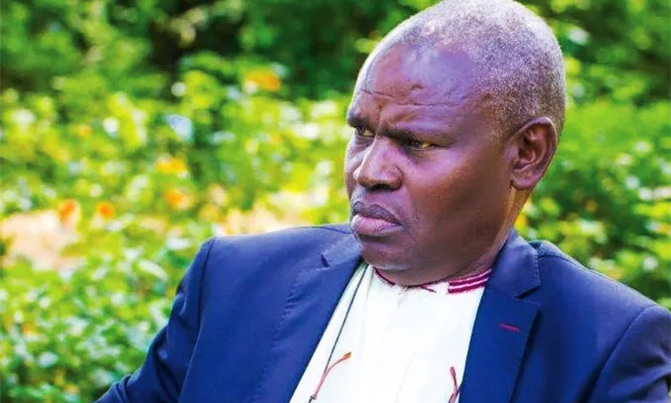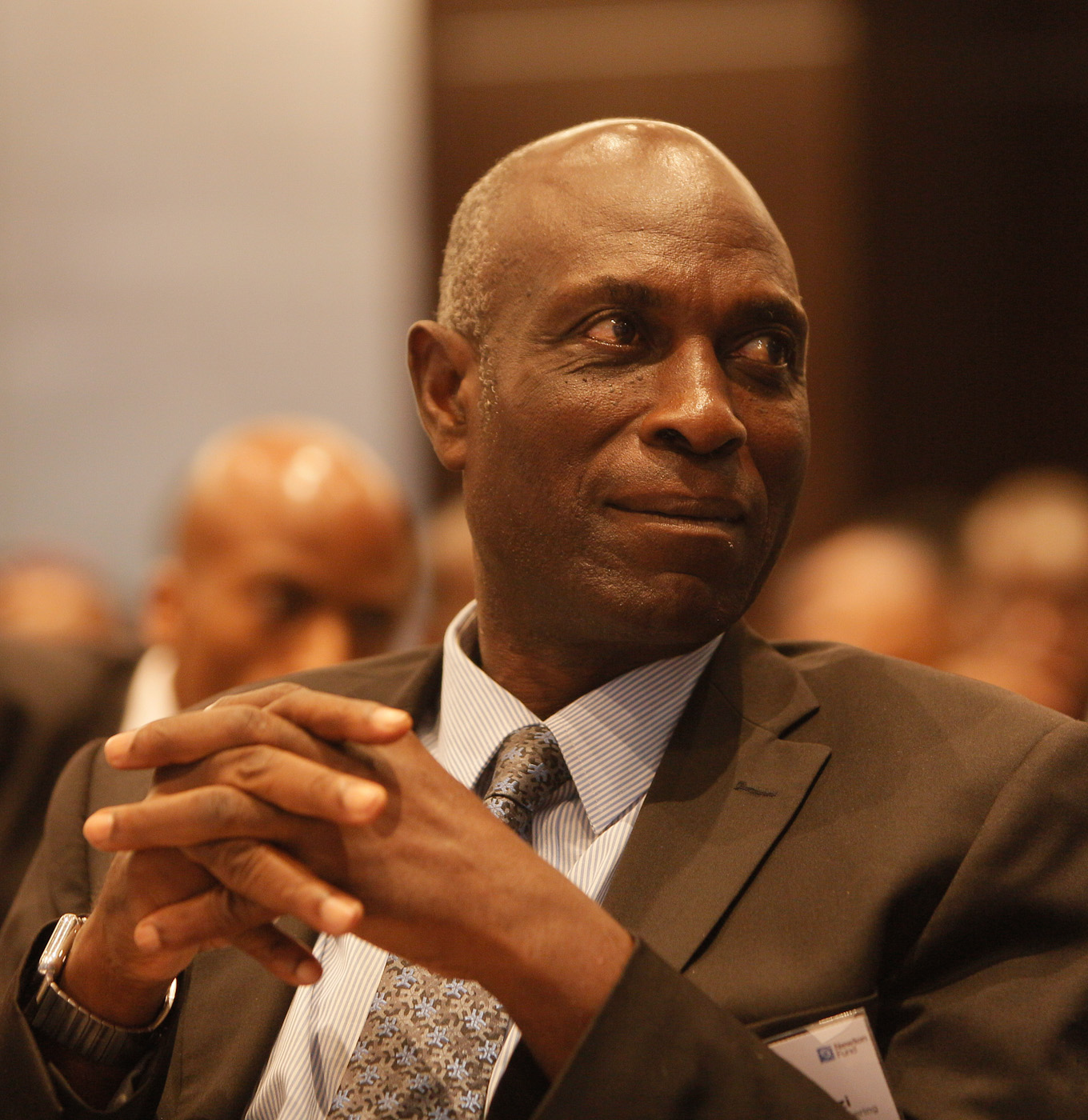“Can you believe it that we have got a new competitor on the block,” Naoeme greeted Susan her long time business partner. The two ladies run a restaurant that specialized in hot African buffets. For a long time, theirs was the talk of town as it attracted all the big wigs in town. Patrons loved Super restaurant for sumptuous African foods and the ambiance. But most importantly the charm of the two business ladies brought over customers from near and far.
However, over time competitors seeing the lucrative market in food retail service industry had started to attack. Super restaurant that used to be full to the brim was now on certain days half empty. What hurt most is that a number of customers were migrating to the competitors.
Naomi felt that the new restaurant was yet another uncalled for intruder to their business. Soon she started to fight off competition. One of her favorite tricks was to tempt staff away from the new business by doubling their pay. However, this had an effect of eroding her gross profit and with time Super Restaurant was struggling to meet payroll.
Meanwhile her partner Susan was proposing a different and more proactive strategy. She offered that, “we save money and buy new furniture since all the new business have better seats.” Another was, “let us take out a loan and hire an expert Chef on contract to improve our menu.” But for Naome this was nonsense. There were better ways to beat competition. “If you can’t beat them; well, kill them!” was her mantra. She went around and paid a bribe to the utility providers who inflated the bills of their competitors. She even talked to the tax collectors to fine a penalty against her competitors.
But these strategies failed to stop the decline. Even some of the new staff hired started leaving due to delayed salaries. Soon the business was seriously running out of cash and on the verge of collapse.
How to beat competition
If you have something good and working be sure that someone is watching and get ready for competition. It is only a matter of time. How you react is also going to determine how you beat off competition. Whereas competition is a vote of confidence in one’s enterprise, quite naturally many people resent it. The attitude of Naome is typical of so many.
Coca- cola and change
Around 1981 in the Philippines, Coca-Cola, was lagging behind 2 to I in sales against Pepsi. There was talk of her shutting down and moving elsewhere. In comes Nevile Isdel, an Irish-born native of Zambia, who in his book Inside Coca Cola shares how he beat off competition. Simply, he modernized outdated plants, energized the sales team with better incentives, launched a new local advertising campaign, created more products to meet the different market segments and brought in new talent. And by 1983 Coca Cola had taken the lead, being one of the fastest turn around in the soft drink industry.
In brief, competition is not necessarily bad. It spurs innovation and helps bring the cost of products and services down as companies battle for customers. The one who hates competition is a monopolist but such is only buying time before it is all broken up.






